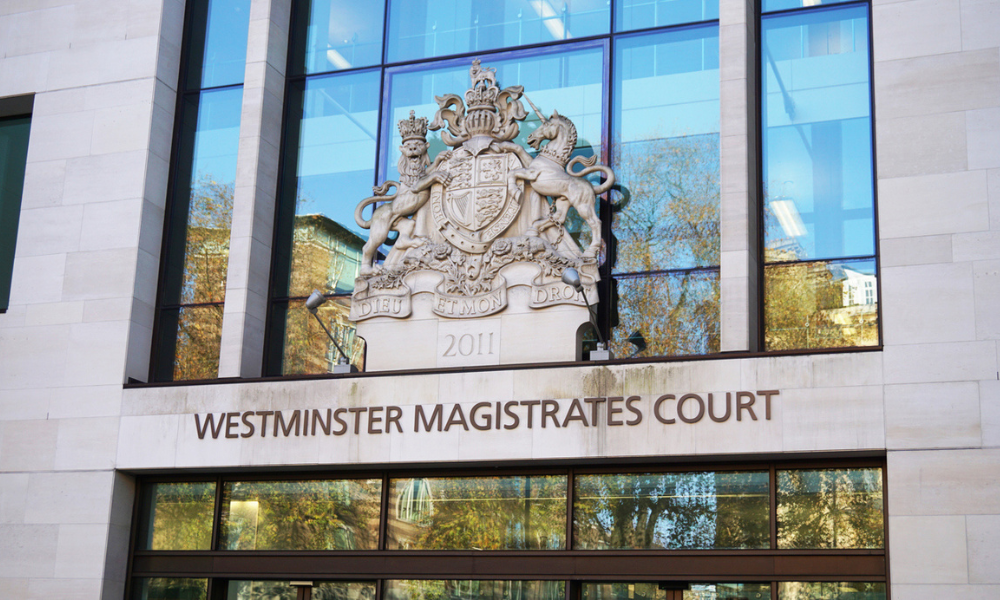
Lawyers, especially prosecutors, were frequently unprepared due to high caseloads

A recent report by Transform Justice, based on the CourtWatch London project, has highlighted significant shortcomings in the efficiency and effectiveness of London magistrates' courts, The Law Society Gazette reported.
The report, titled "The Wild West? Courtwatching in London Magistrates’ Courts," draws on observations from over 1,100 hearings, revealing systemic issues and offering recommendations for improvement.
The project, which involved 82 volunteer court watchers, found that magistrates’ courts often fell short in efficiency, with many volunteers "shocked by what they perceived to be inefficiency." Among the key findings, 22 percent of the 1,055 recorded hearings were adjourned, primarily due to delays caused by unprepared lawyers, conflicting information, and technology issues.
Court watchers reported that lawyers, especially prosecutors, were frequently unprepared due to high caseloads, contributing to delays. Defence lawyers also faced similar issues, particularly duty solicitors managing multiple clients simultaneously. Disclosure processes and technological failures further exacerbated the inefficiencies.
The report recommended several measures for the Ministry of Justice (MoJ), including an independent inquiry into the impact of video hearings and a temporary cessation of video links for defendants, except for case management hearings. Additionally, it called for research into the main causes of court delays and the abolition of the means test in magistrates' courts for defendants charged with imprisonable offences.
Transform Justice also advised against overusing court fines, encouraging rehabilitative sanctions instead. It suggests discontinuing outdated cases to reduce listings and promoting more out-of-court resolutions for lower-level offences by police.
Representation remained a critical issue, with 15 percent of observed hearings involving unrepresented defendants. This lack of representation was particularly problematic in trials, where 21 percent of defendants were unrepresented. The report noted that while court professionals were generally patient and helpful, unrepresented defendants were often severely disadvantaged, appearing unprepared and making decisions not in their best interest.
Language barriers further complicated proceedings, with more than a fifth of hearings involving defendants for whom English was not a first language. An interpreter was not provided in 104 of these cases, leading to significant misunderstandings and ineffective communication. In one instance, a judge attempted to use Google Translate to communicate with a defendant, which failed due to technical issues, leaving the defendant confused and likely unaware of the hearing’s proceedings.
The report also touched on racial bias, with court watchers observing different treatments based on ethnicity in some cases. One court watcher reported disparate outcomes for similar offences handled by the same judge, highlighting potential biases in sentencing.
Sanctions imposed by magistrates were criticized as often being "ineffective or counterproductive," particularly for defendants with serious drug or mental health issues, where punitive measures did little to address the underlying problems.
Tom Franklin, chair executive of the Magistrates Association, said, “We support the principle of CourtWatch and are grateful to the work that the 82 volunteer court watchers have done, helping to shine a light on the working of the magistrates’ courts.” He agreed with many of the report's recommendations and emphasized improving the court experience based on these observations.